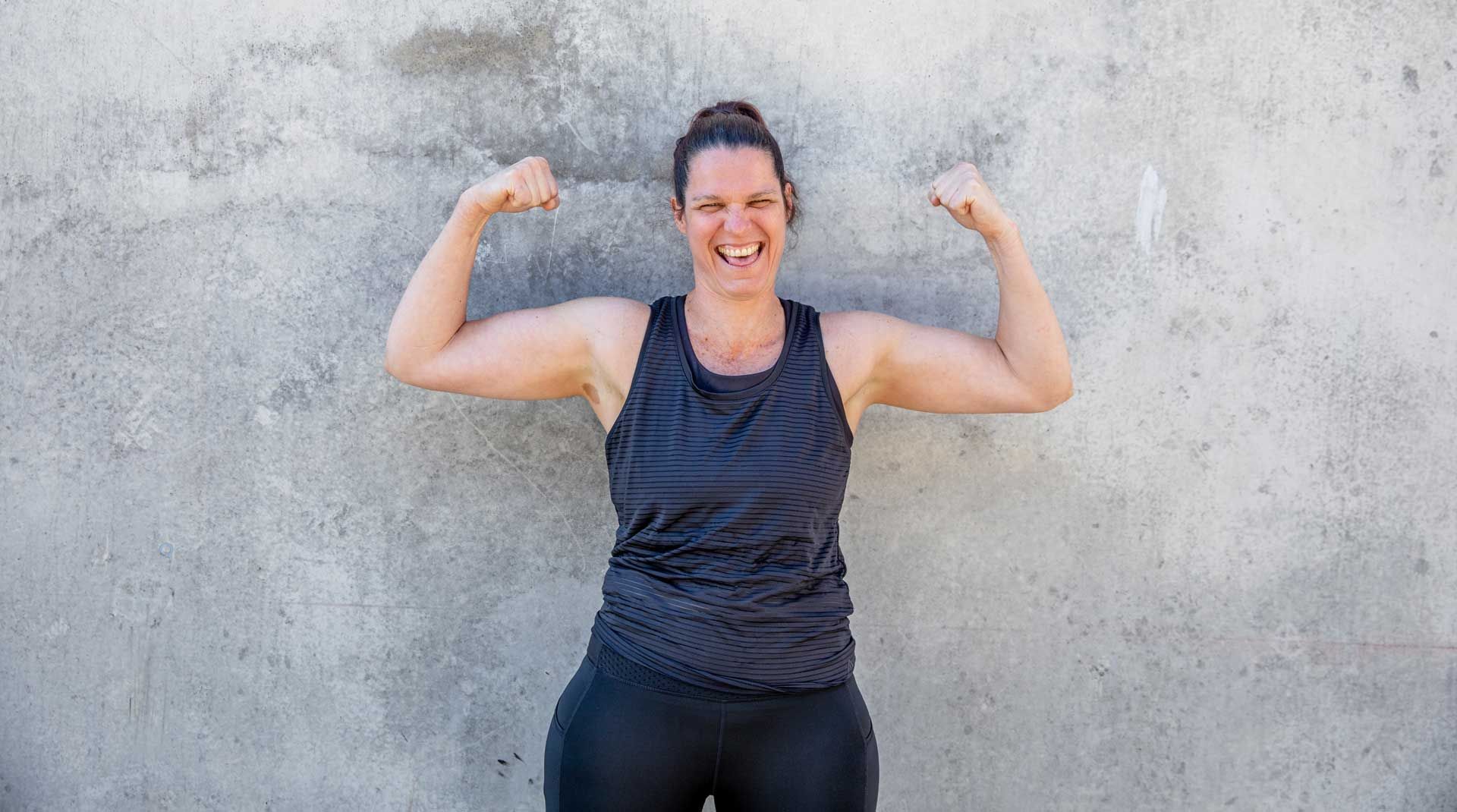Why Situational Awareness Is Key in Any Self-Defense Lessons in Anchorage, AK
Whether you’re exploring the Chugach foothills or leaving work late on a winter night, personal safety isn’t just about how fast you can throw a punch—it’s about noticing the danger before it strikes. For those considering self-defense lessons in Anchorage, AK, mastering situational awareness can be the most powerful tool in your arsenal. This blog breaks down why heightened observation skills, threat recognition, and verbal deflection strategies matter more than brute strength when it comes to real-life safety. At Tanaka’s Martial Arts Academy, situational awareness is woven into every self-defense class, and by the end of this post, you’ll see why it should be the foundation of your training.
Understanding Situational Awareness
At its core, situational awareness is the ability to perceive what’s happening around you and make informed decisions based on those observations. In the context of self-defense lessons, this means scanning your environment, noting behaviors that stand out, and trusting your instincts.
Alaska’s rugged terrain and varied urban areas can offer unexpected challenges, so knowing your surroundings is step one in any self-defense class. Whether you're at a crowded public event or heading to your car late at night, staying alert can help you detect and avoid potentially threatening situations.
Threat Identification: What to Look For
A crucial component of situational awareness is the ability to detect subtle warning signs before a threat becomes unavoidable. These signs may include individuals loitering aimlessly, someone following you at a distance, or a person exhibiting aggressive or erratic body language. In self-defense lessons in Anchorage, AK, students are taught to read body posture, assess vocal tone, and be mindful of how close someone gets—critical factors in determining whether a situation is escalating.
It's also essential to consider how your behavior influences your safety. Maintaining a confident posture, walking with purpose, and keeping your head up can often make you less appealing to potential aggressors.
Verbal Deflection and Non-Physical De-escalation
Not every self-defense situation requires a physical response. Some of the most effective tactics are entirely verbal. Knowing how to communicate clearly and calmly under pressure can prevent conflict before it begins. Using firm, non-confrontational statements such as “I don’t want any trouble” or “Please step back” can signal to a potential aggressor that you are aware, composed, and in control.
In many self-defense classes in Anchorage, AK, participants learn how to combine assertive communication with proper body language, like maintaining eye contact, standing tall, and using a steady tone, to deter escalation. Verbal deflection and conflict avoidance are often the first and most effective line of defense.
Practice Makes Prepared
Situational awareness is a mental habit that improves with consistent effort. Through repeated practice, it becomes second nature to assess your surroundings, identify exit routes, notice unusual behavior, and react strategically. Many self-defense lessons in Anchorage, AK, incorporate scenario-based training to reinforce these skills in a realistic context.
Exercises may include role-playing various threats in public settings, practicing verbal de-escalation under stress, and running through escape strategies. The goal is to create muscle memory not only in physical response but also in awareness and decision-making, so you’re not caught off guard when it matters most.
Take Control of Your Safety
If you’re ready to take control of your safety and boost your confidence, start with situational awareness. Sign up for self-defense lessons in Anchorage, AK, at Tanaka’s Martial Arts Academy, where we go beyond kicks and punches to teach life-saving strategies rooted in awareness and prevention. Call us to book your self-defense class today!

